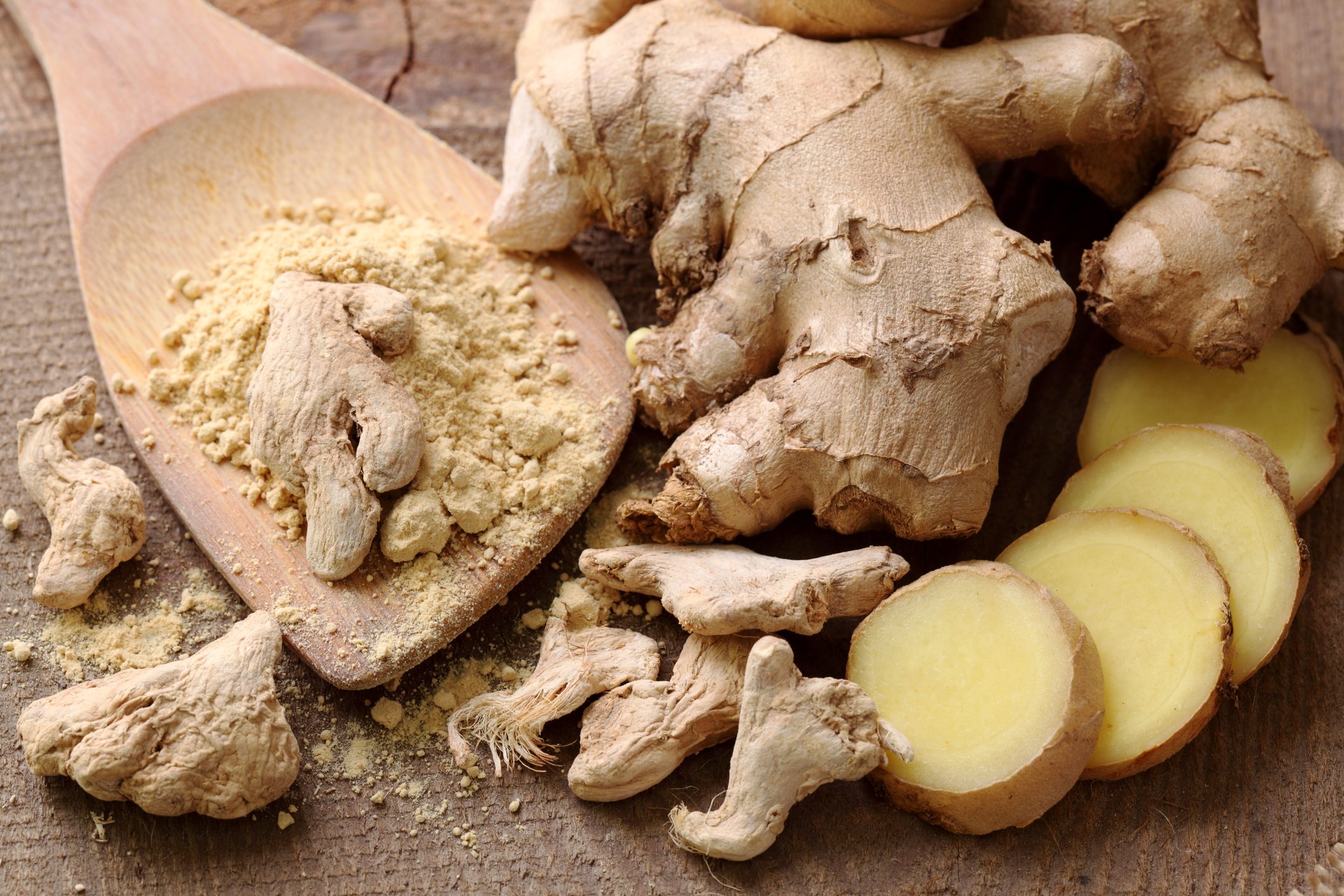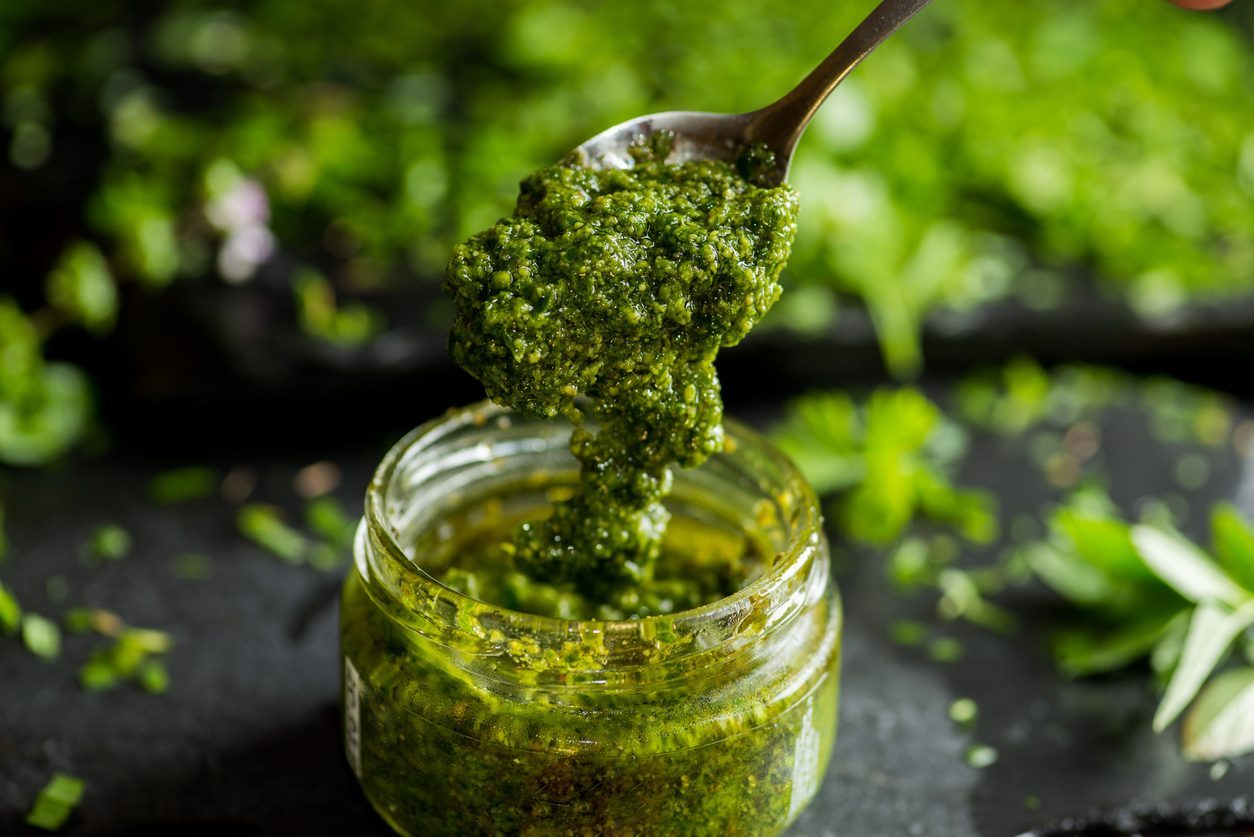Ginger ‘heats us up’ and now we know why
Let's see together what scientists have discovered about the heating effect of ginger that is anti-inflammatory.
;)
Scientists have thoroughly analyzed the secrets of ginger to understand how it is possible that this spice with many properties is able to heat the small intestine and the stomach. Let's see together what scientists have discovered about the heating effect of ginger that is anti-inflammatory.
Ginger seems to have become the number one ingredient of winter, and maybe of a spring that still does not want to show itself. Used as a natural anti-inflammatory spice and perfect friend of our intestines, but also as a coadjuvant in the case of flu, cough and cold, ginger has a spicy taste and the ability to "warm us up from the inside". The scientists have studied just this last characteristic, and now they explain how ginger has a warming effect on our body.

Ginger, what it is. Ginger is the root of the Zingiber officinale plant, it is a herbaceous plant that has a fleshy rhizome and branches with leaves and fruits. When we eat ginger, the spicy effect we feel has not only effects on our tongue, but also on the stomach and small intestine which are heated by the spice. But how does ginger warm us up? Scientists have researched it and found that it depends on a "dark" network of proteins. Let's see which ones.
How ginger works. To understand the action of ginger, researchers exploited a protein database and literature on the subject to look for two main natural products active in ginger, that are 6-gingerol and 6-shogaol, and to identify proteins regulated by these compounds. By doing so, scientists were able to put together the likely protein-protein and protein-functional protein interactions to build an image of the underlying regulation networks within the stomach and small intestine that could respond to these ginger compounds.

Conclusions. The study led experts to conclude that there are five key metabolic processes linked to the heating effect of ginger and, the two main bio-active compounds appear to have regulation effects on adenosine triphosphate, glycogen, glycolipids, fatty acids and coenzyme.
The study, titled "Networks regulated by ginger towards stomach and small intestine for its warming interior function", was published in the International Journal of Computational Biology and Drug Design.
;Resize,width=767;)


;Resize,width=712;)
